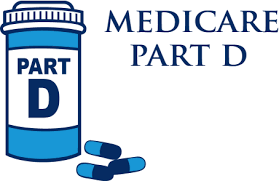You may have heard of health reimbursement arrangements (HRAs) before. These are employer-sponsored savings accounts that reimburse you for certain medical expenses.
An individual coverage HRA (ICHRA) is similar—it uses funds from your employer to help pay for certain medical expenses. However, there are some important features of ICHRAs that you should understand.
This article explains more about ICHRAs and how they may be used.
Comparing HRAs to ICHRAs
As previously stated, HRAs reimburse you for certain medical costs. Such expenses might include those associated with doctor visits, medical procedures and prescriptions, depending on the plan. To qualify for an HRA, you must be enrolled in your employer’s group health plan.
ICHRAs are a bit different. These accounts can reimburse you for certain medical expenses, your insurance premium or both. Whether your ICHRA will cover both your premium and medical expenses (or just one) will vary by employer.
ICHRA Eligibility
To qualify for an ICHRA, you must enroll in individual health coverage using a Health Insurance Marketplace (Marketplace), a private insurer, Medicare or another method. In other words, you cannot be enrolled in an employer’s group health plan and qualify for an ICHRA.
Additionally, any dependents (e.g., a spouse or children) you have on your individual health plan would also be able to use ICHRA funds.
How ICHRAs Work
On a very basic level, here’s how an ICHRA works:
- You obtain individual health coverage through a Marketplace or another method rather than purchasing health coverage through your employer.
- Your employer contributes a set amount every month into your ICHRA so you can be reimbursed for certain expenses as they are incurred. Contributions and reimbursements are both tax-free. Your employer decides which expenses are eligible for reimbursement under the plan’s terms.
- Unused funds at the end of the plan year may go back to the employer or carry over, depending on the plan.
It’s as simple as that!
More Information
Speak with a lead consultant at Inspire Workforce.





